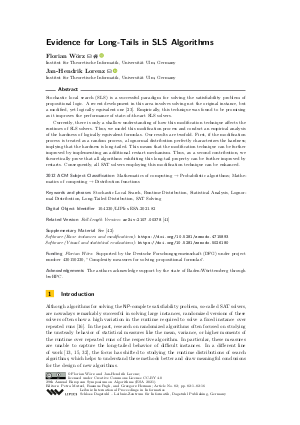LIPIcs.ESA.2021.82.pdf
- Filesize: 1.44 MB
- 16 pages

 Creative Commons Attribution 4.0 International license
Creative Commons Attribution 4.0 International license




































Feedback for Dagstuhl Publishing